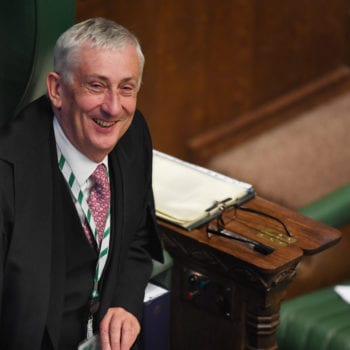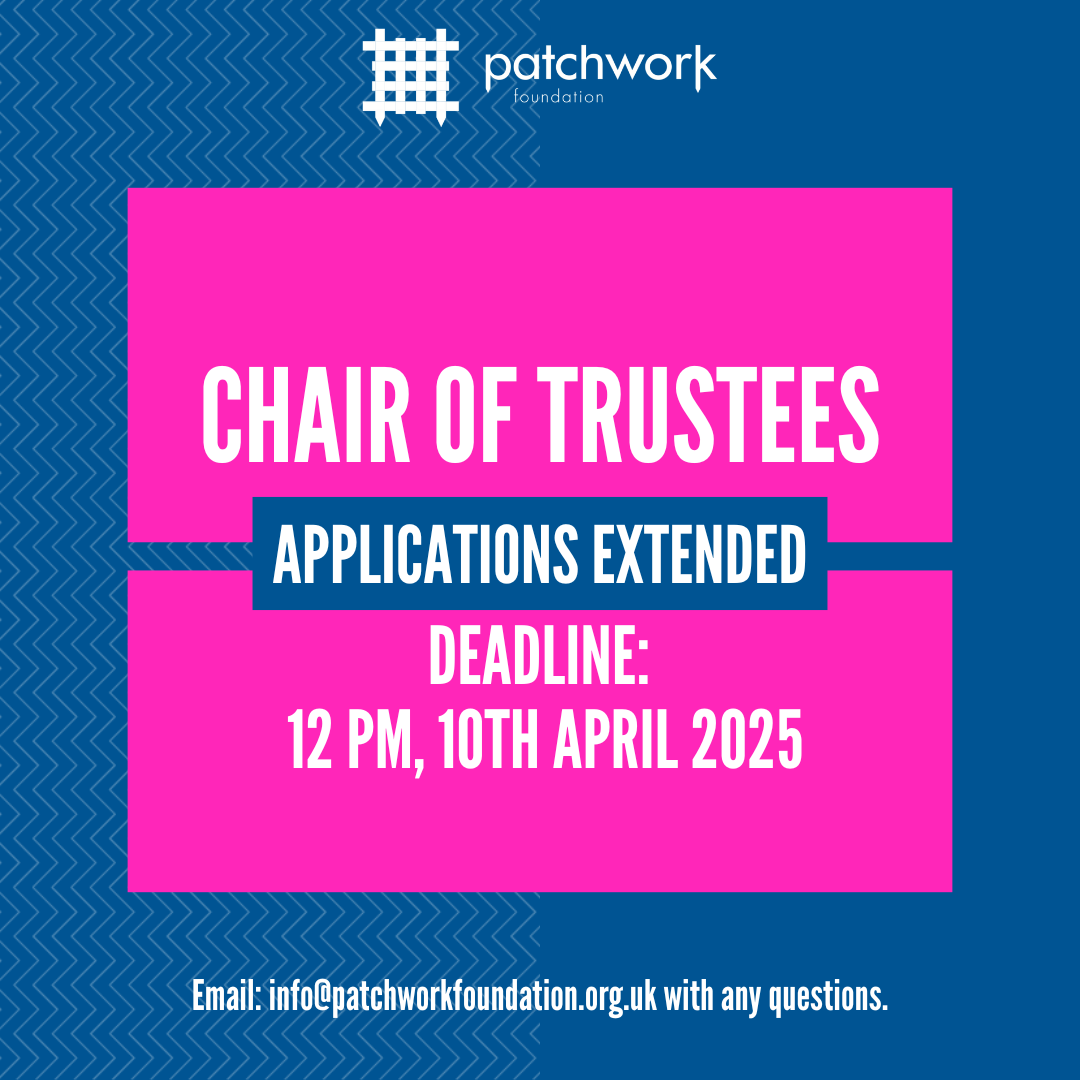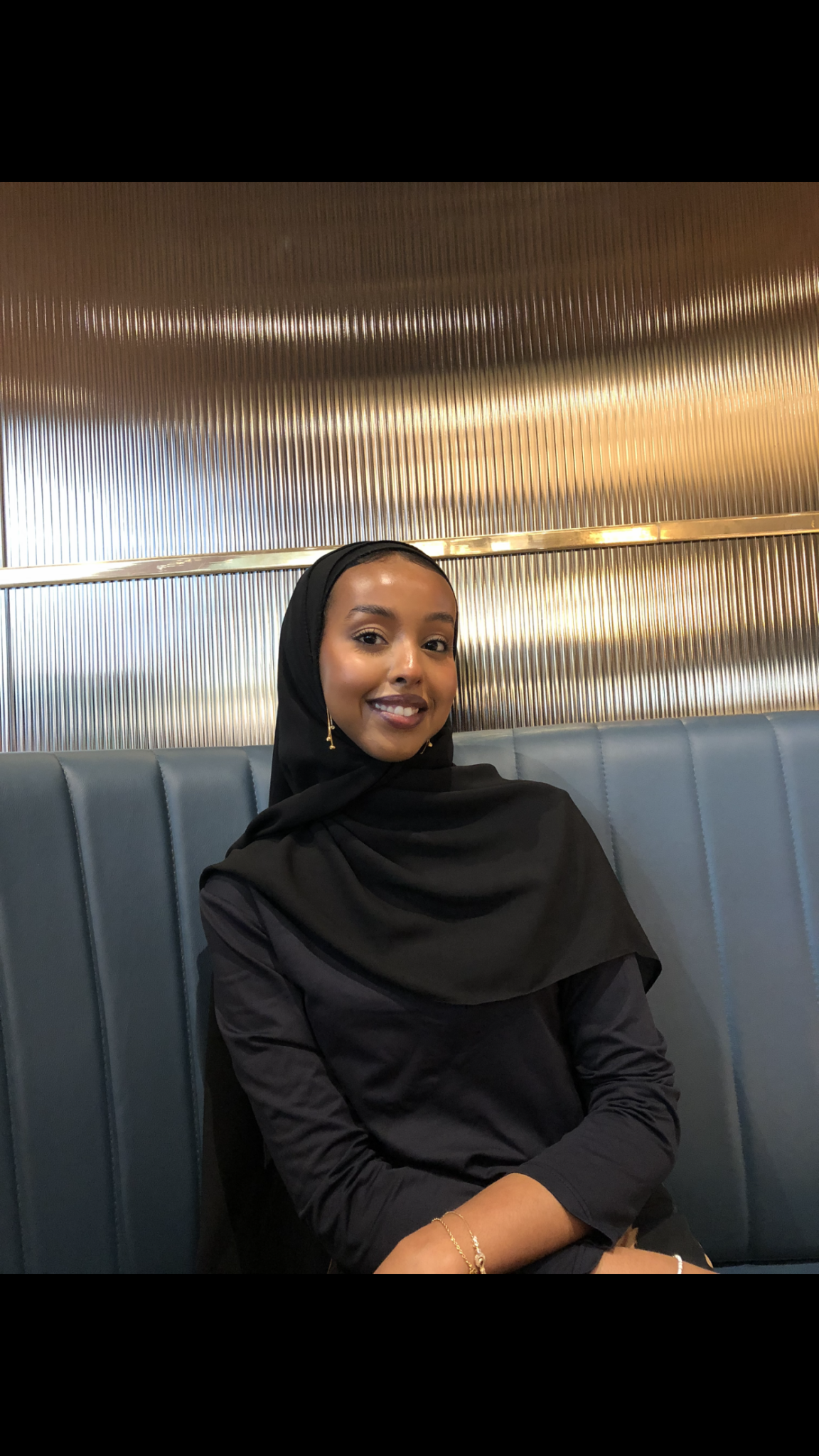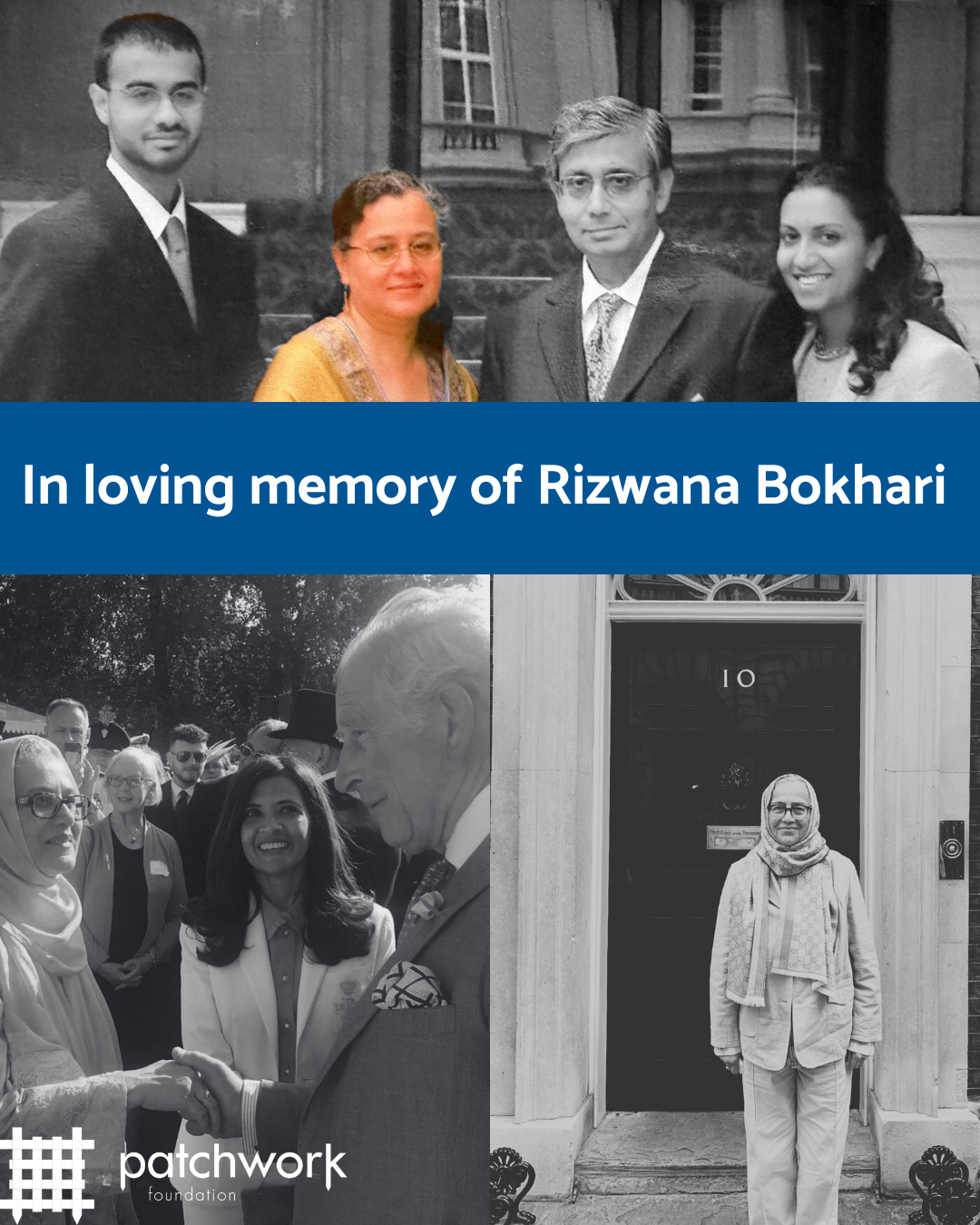…No-one should feel disadvantaged if they want a career in Parliament – and I am fully behind the Foundation’s efforts to support and equip young people with the skills, experience and know-how to succeed in public life.
Aiyesha Swarnn is currently studying for her MA in Global Public Policy at the University of Birmingham. She is currently a board member of Avado and Project Empower UK and is passionate about bringing young people forward to decision-making processes and discussions that have a social and environmental impact.
In addition to this, Aiyesha has been working as a freelance writer for over two years. Based in the West Midlands, she dedicates her passion for climate restoration, youth advocacy and social policy within her writing. Her articles have been featured in Uprising, SAARI Collective, Studenteer, New Student magazine, Lead the Change and the Alpha Times newsletter based in Brussels.
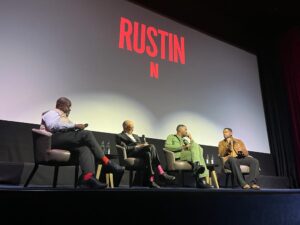
‘When an individual is protesting society’s refusal to acknowledge his dignity as a human being, his very act of protest confers dignity on him’ – Bayard Rustin
As a fellow Patchworker, I was delighted to obtain the opportunity to attend the screening of ‘Rustin’ alongside Patchwork CEO Claire Eadington, followed by a Q&A with Director George C. Wolfe, Aml Ameen as Martin Luther King and the infamous Colman Domingo as Bayard Rustin.
As 2023 marks the 60th anniversary of the March on Washington, director George C. Wolfe provides an alternative account for that pivotal moment in American history. Years of thinking, planning, coalition building, and evading bureaucratic roadblocks and opponents, both within and outside the emerging Civil Rights Movement, were required for this March to happen.
What transpired on August 28th, 1963, resulted from students, workers, and activists working together to unite people in a massive, peaceful gathering that demanded freedom in all ways possible. But this could not have happened without the support and leadership of Bayard Rustin, because he also had a dream.
Coleman Domingo’s gallant performance depicts the story of Bayard Rustin, an unknown figure to most, hidden behind great leaders such as Martin Luther King. Due to Rustin being an openly gay man, he has challenged the law and convention to which his story has often been obscured in mainstream history and media.
Even though attempts had been made to erase Rustin’s story, the March on Washington was a triumph for Rustin’s life and a never-ending legacy of freedom. With that being said, the cast of Rustin provided an electrifying performance that kept you hooked at every scene. The assertiveness and body language Domingo gives to Rustin, dramatises Rustin’s remarkable abilities as a problem solver and strategist.
The acting and imagery provided in ‘Rustin’ creates a sense of belonging and allows you to truly grasp the high emotions of this historic movement, which captivated over 250,000 individuals in the fight for freedom. However, ‘Rustin’ not only deals with the Civil Rights Movement and the organisation of the March on Washington, it deals with Bayard Rustin’s hurdles, trauma and hints at an optimistic future towards the end.
The Q&A with Director George C. Wolfe touches upon Rustin’s trauma and reveals his deliberate intention to challenge conventional storytelling norms, opting for a narrative that is as elusive as it is engaging. Rustin, in the director’s eyes, becomes a conduit for exploring the boundaries of cinematic expression, a character that exists in the realm of both shadow and illumination.
From this thought-provoking Q&A, it made me think about my own life and how grateful I am to have fair treatment and human rights gifted to me at birth, regardless of my skin colour. Without key influential figures like Bayard Rustin standing up for freedom, the world would be a very different place. Hence, the key takeaway I grasped from this movie was that, much like Rustin himself, our stories are multifaceted, and it’s within the ambiguity that the true essence of our humanity is revealed. Further to this, there is also bravery in sharing vulnerability as a leader as it allows you to connect with those around you, which ties back to many of the key themes from the Patchwork Masterclasses that I’ve had the pleasure of attending this year. A good leader does not shy away from vulnerability but embraces it as a source of strength.
‘We are all one—and if we don’t know it, we will learn it the hard way’. – Bayard Rustin
~ Aiyesha Swarnn, 2023 Masterclass Programme Participant
Stay updated
Join our mailing list to stay up to date with all the latest!
Latest news
Testimonials
